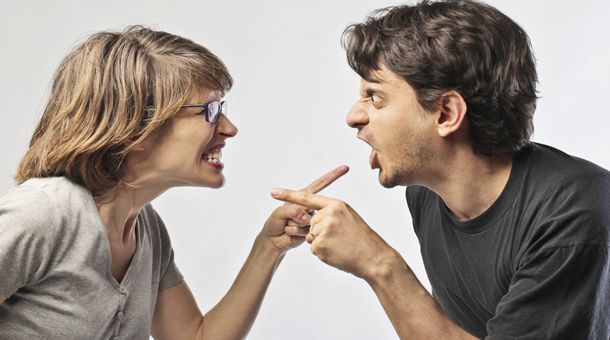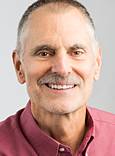No-one else knows what's best for us. And, conversely, we don't know what's best for others. So our job, our responsibility is to determine what's best for ourselves.
"I know exactly what you need." I know what you should do." I have the answer for you." I don't think you should do this." "This is what you should be working on, focusing on, or pursuing right now."
Each of these statements is bold, presumptuous, disrespectful and discourteous. These statements (or beliefs, as they often are) separate us from how we operate from a spiritual perspective in all aspects of lives, be it at work or at home. Each of us has the ability and capacity to be able to discern our own path and our own way forward through our lives. This is not always easy. Life is often about the struggle and effort that's sometimes requires us to go inside and rest in this quiet, still place of discovery, the place of right knowing, right understanding and right action.
Advising others, educating others, making decisions for them, plotting and planning their journey and crafting their strategy for moving forward, is not our responsibility, nor should it be. Nor is it their responsibility to direct our journey, to find out path for us.
Even if you have some kind of "contract" with another – if they are a friend, relative, coach, or counsellor. - they don't know what's best for us, nor should we trust or expect that they do.
Each of us is responsible for listening to the information that comes to us. It is also our responsibility to consciously sift through and sort out that information, and then "go inside" to weigh the merits of that information, to discern what we think and feel is best for us. Nobody can know that but each of us in our own way.
The way we can support, honor and respect others is to trust that they have their own internal guidance system, their own internal source of wisdom and their own internal capacity to discern what is in their best and highest good and interest, and that they will discover their path through trial and error – living life.
And us? To trust that we, each of us, through discovery in this moment, and the next moment, and the next moment – through the process of living life, making mistakes, taking wrong turns, stumbling and getting up - is the greatest gift we can give ourselves.
So ask yourself
- Do you depend on others to make life choices for you – at work, at home, at play or in relationship? If so, do you know why?
- Do others rely on you to make life choices and decisions for them? And do you? Why?
- Is carving out your life's path fearful, shaky? How so? Does the fear stop you? If so, why?
- What have you learned about yourself while discovering your own path?
- How/what did your parents or primary caregivers teach you about depending on them or others for support?
- Have you even been in a co-dependent (needy) relationship with another – parent, sibling, spouse or partner, coach, counsellor or religious or spiritual guide? What was/is that like for you? What does/did it get you?
- Do you take time for journaling, reflecting or contemplation on a regular basis? Do you ever practice presence or mindfulness?
- What's it like for you to sit in stillness or silence?
Finally, how do you access your inner guidance or wisdom? Do you believe you have the capacity for inner guidance or wisdom? Do you trust your gut? When do you…when don't you?

